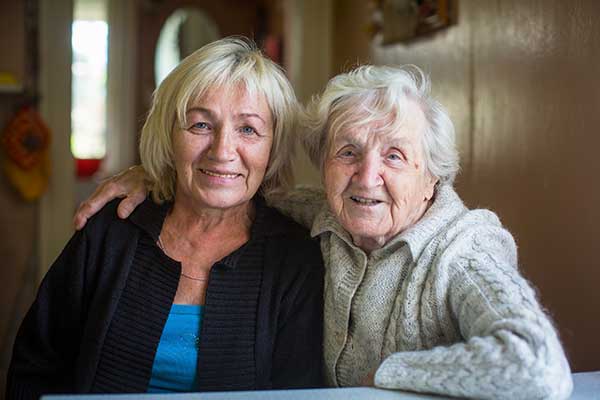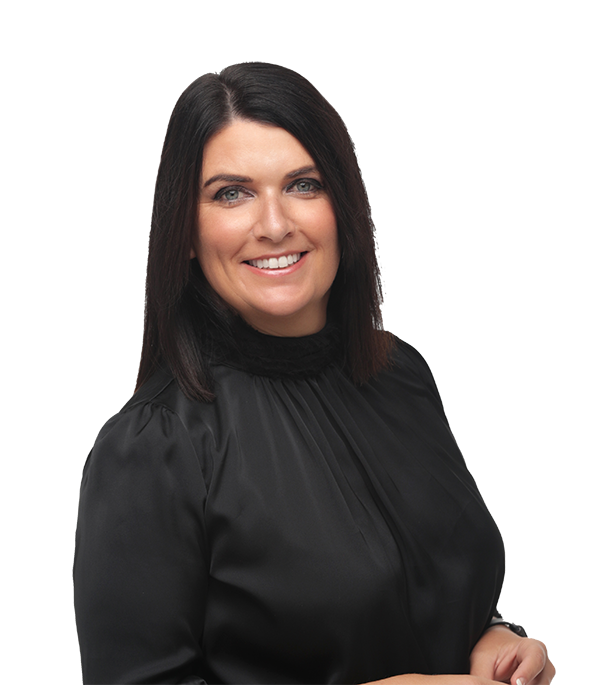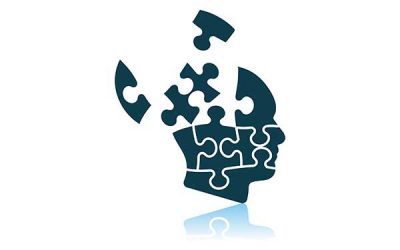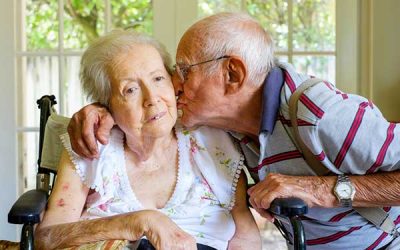Are you unsure where to start on the dementia journey, questioning whether your family member may or may not be showing signs of the disease? I have been there and I am passionate that no other family with ever have the same journey as we did. I take away the confusion, the frustration and allow you to be a family again, not carers.
How I help
Family and Individual Consultations
I meet with you to gain a clear understanding of what you’re struggling with and give you the knowledge and the tools to empower you.
Dementia Care Consultancy
I take over of the care needs of your loved one so you can enjoy visiting as a family member not a carer.
Therapeutic Support
Advice and Implementation at home or in a care facility of supports directly relating to dementia including nutrition, dysphagia and palliative care.
NEW Online Course:
“How To Care For Your Family Member With Dementia”
A dementia diagnosis is devastating for any family.
Working out how to best care for your family member as the illness progresses is hard enough, but often the systems that should help you create more confusion.
I can’t reach everyone who needs my help personally, so I put together this online course to guide you through the process step by step – from how to navigate the necessary systems (NSID and Aged Care), to what to expect at each stage of the illness so you’re always prepared, to managing the inevitable stress caring places on us.
So everyone can get the help and support they need at their fingertips, it’s available for under $200.


The Journey
I understand from my personal and professional experience that the trajectory of dementia can feel scary. You enter this journey with trepidation and a lot of uncertainty, because “That is Dementia”…but please feel assured that you can do this with the right knowledge, support and care.
It is often not the person living with dementia that experiences difficulties as the disease progresses, as they often are unaware of their behavioural changes – it is the family and friends that struggle as they feel confused, angry and start to grieve for the loss of that person.
Many of my clients struggle with help from their GP – Unfortunately, dementia is very misunderstood and the advice, yes even from a doctor, is not always correct or they do not specialise enough to spend time on a diagnosis.
My passion is to create a society where dementia is understood, respected and accepted. I aim to expand the knowledge and thinking around palliative care for those living with dementia.

Dementia
Dementia is not a normal part of ageing and neither is struggling with activities in everyday life that never used to be a problem. There are many different types of dementia and all of them have different symptoms.
Knowledge is power. If you have the knowledge, it is invaluable. The trajectory of Dementia is sometimes a scary thought, but one that is needed to have your family member or friend living well with Dementia. There are many areas that can help in the progression of dementia including medications and support to reduce carer burden.
My passion is to create a society where dementia is understood, respected and accepted. I aim to expand the knowledge and thinking around palliative care for those living with dementia.
FAQs
What is the difference between Alzheimer’s and Dementia?
Alzheimer’s is a form of Dementia. It is the most common form and that is why it is often referred to as its own illness. The official diagnosis for someone with Alzheimer’s is Dementia of the Alzheimer’s type.
What is the lifespan of someone living with dementia?
There is no set answer but on average 8-12 years from Diagnosis and for younger onset it is on average 5-6 years from diagnosis.
Is Dementia hereditary?
You have a very slightly higher chance of getting dementia if your parents have it but younger onset dementia is the only form of dementia that is genetically passed on.
Latest from our Blog
Difference Between Normal Ageing and Cognitive Impairment
When a person ages it is normal for them to process information slower, experience sensory limitations and have problems with multi-tasking or task switching. Simple tasks don’t generally get impaired, yet complex tasks may do. The general attentional field may be...
Types of Dementia
The four main types of dementia that we see being diagnosed here in Australia are Alzheimer’s disease, Vascular Dementia, Dementia with Lewy Bodies and Frontotemporal Dementia. Alzheimer’s disease is the most common type of dementia in Australia, accounting for approx...
If I knew then, what I know now about dementia
I really feel that it would have saved a lot of heartache, deception and torment including a prolonged life for my mother. At the time when it all started for us, we looked for information. From doctor google to having the dementia organisations out for appointments...

Get in touch
Subscribe
Please subscribe to my newsletter for updates and news.



